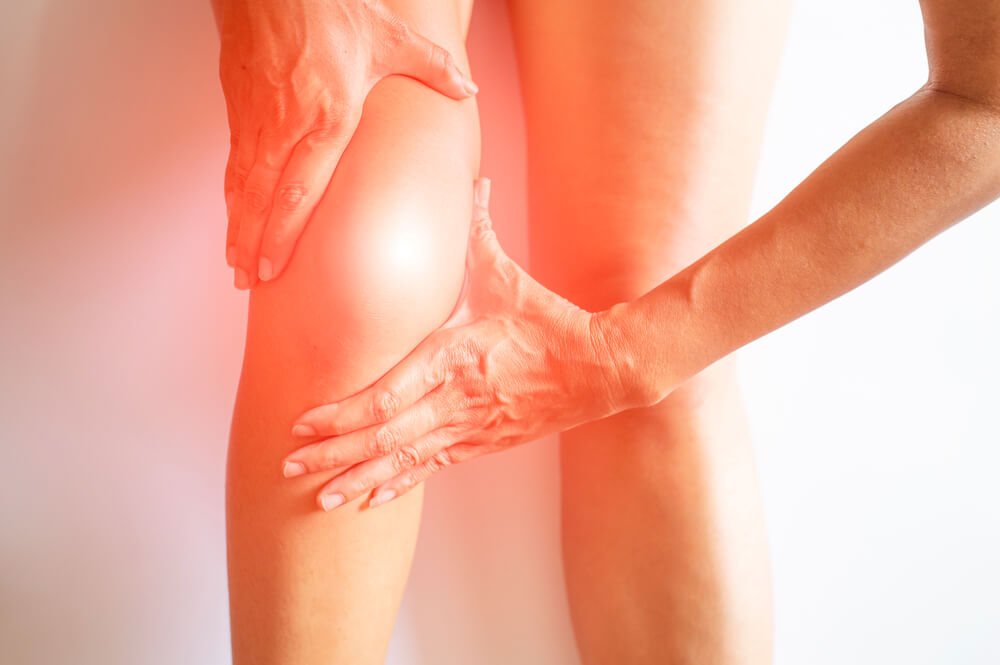In your knee, there is a band of tissue that runs along the edge that helps connect your shin and thigh bone. This is called the Medial Collateral Ligament (MCL). The MCL’s job is to keep your knee stable and working correctly when you move.
A direct and hard impact on the knee may cause stretching of the ligament, or even tearing. The Medial Collateral Ligament gets injured once that force is suddenly applied. It makes your knee pushed to the side, get twisted, or bent out too far in a direction it is not supposed to.
Thus, this makes the Medial Collateral Ligament injury occur in contact sports, such as football, soccer, hockey, etc, where an athlete collides with another athlete.


